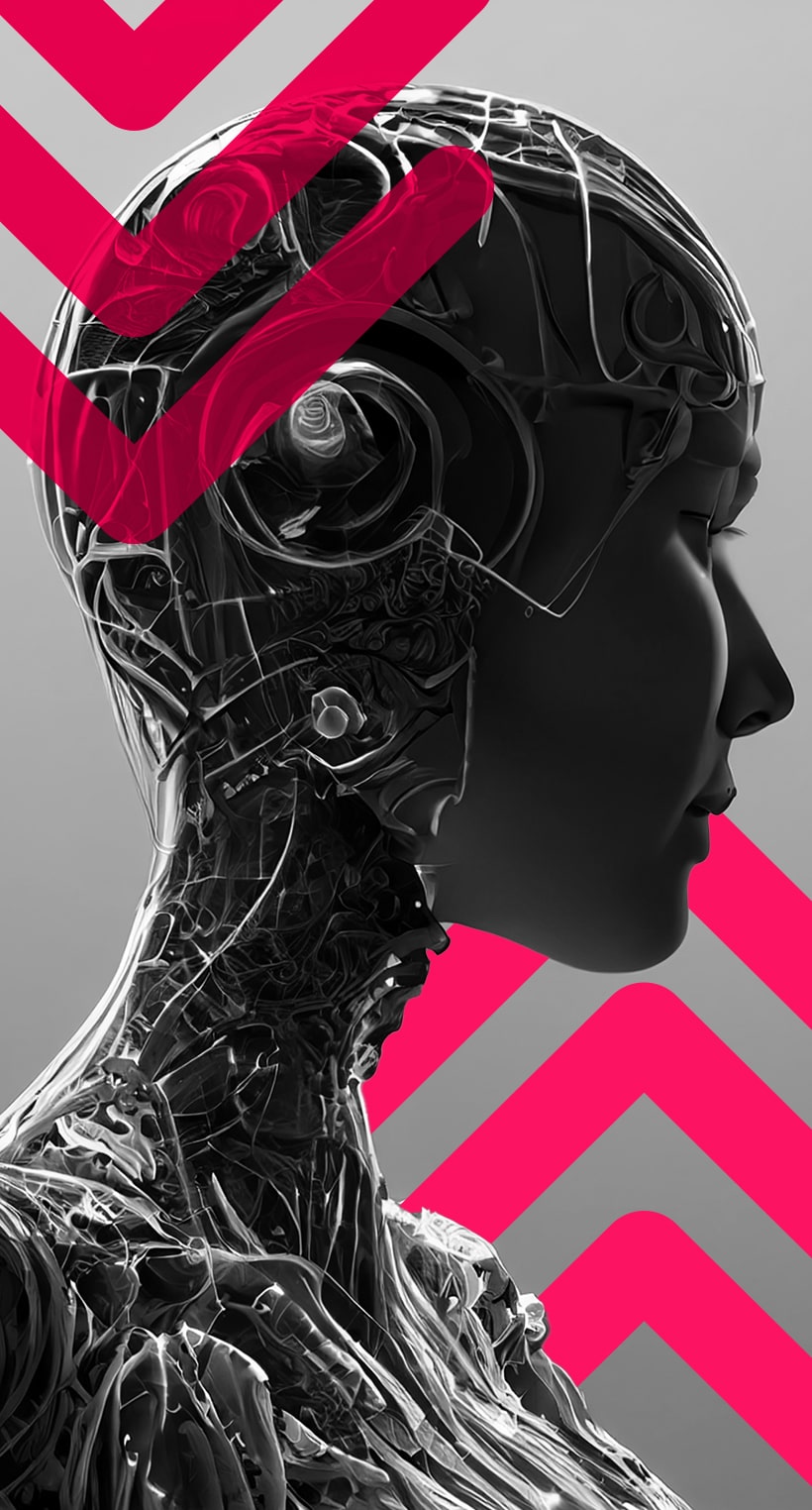Artificial Intelligence (AI) is revolutionising the way we work, bringing about unprecedented advancements and opportunities. As we navigate the future of work, it’s vital to understand the impact of AI and how it is transforming job roles and industries. From machine learning algorithms to voice recognition software, AI is being integrated into various aspects of our professional lives, enhancing productivity and efficiency.
The Impact of AI on Job Roles and Industries
The integration of AI into the workplace is reshaping job roles and industries across the board. While some fear that AI will replace human workers, the reality is that it’s more likely to augment our capabilities and transform the nature of work. Certain routines and repetitive tasks can be automated, allowing human workers to focus on more complex and creative endeavours. For example, AI-powered chatbots can handle customer inquiries, allowing customer service representatives to engage in higher-level problem-solving. In healthcare, AI can analyse medical images and assist in diagnostics, enabling doctors to make more accurate and timely decisions.
Benefits of Using AI in the Workplace
The benefits of using AI in the workplace are immense. One of the primary advantages is increased productivity. AI algorithms can process vast amounts of data at lightning speed, providing valuable insights and reducing the time required for decision-making. Additionally, AI can automate manual and repetitive tasks, freeing up valuable time for employees to focus on strategic initiatives and innovation. AI also has the potential to enhance efficiency by identifying patterns and trends that may be missed by human analysis alone. This can lead to optimised processes, cost savings, and improved customer experiences.
Challenges and Concerns with AI Implementation
While the potential benefits of AI implementation are significant, there are also challenges and concerns that need to be addressed. One major concern is the potential job displacement and the fear that AI will render certain job roles obsolete. However, history has shown that technological advancements often create new job opportunities, albeit requiring different skills. Additionally, there may be resistance to AI adoption due to a lack of understanding or fear of change. Addressing these concerns and challenges is essential for successfully integrating AI into the workplace.
How AI Can Enhance Productivity and Efficiency
AI has the potential to enhance productivity and efficiency in the workplace significantly. With AI-powered automation, tasks that were previously time-consuming and mundane can now be streamlined and completed faster. AI algorithms can analyse vast amounts of data and generate actionable insights, enabling businesses to make data-driven decisions swiftly and accurately. With AI, businesses can also automate customer service processes, providing faster and more personalised responses to customer inquiries. By leveraging AI, organisations can allocate resources more efficiently, optimise workflows, and achieve higher levels of productivity.
AI-Powered Collaboration Tools for the Future Of Work
Collaboration is integral to the future of work, and AI can play a significant role in facilitating effective teamwork. AI-powered tools can enhance team members’ communication, coordination, and knowledge sharing. For example, AI-powered virtual assistants can schedule meetings, manage calendars, and handle routine administrative tasks, freeing up time for employees to focus on collaboration and innovation. AI can also facilitate remote collaboration by providing real-time language translation during video conferences, breaking down language barriers and fostering international teamwork. By leveraging AI-powered collaboration tools, organisations can create more efficient and cohesive teams, regardless of physical distance.
Upskilling and Reskilling for the AI-Driven Workplace
As AI continues to transform the workplace, it’s crucial for employees to upskill and reskill to remain relevant. While some job roles may become automated, new roles that require a deep understanding of AI and its applications will emerge. Organisations should invest in upskilling programs to train employees in AI-related skills and equip them with the knowledge necessary to work alongside AI technologies. Upskilling can involve training in data analytics, machine learning, and AI project management. Additionally, reskilling programs can help employees transition from jobs at risk of automation to roles that leverage AI capabilities. By proactively investing in upskilling and reskilling, organisations can ensure a skilled workforce that can thrive in the AI-driven workplace.
Overcoming Resistance to AI Adoption
Resistance to AI adoption can stem from various factors, including fear of job displacement, lack of understanding, or concerns about the ethical implications of AI. To overcome this resistance, organisations must focus on education and communication. Providing employees with comprehensive training and resources on AI and its capabilities and limitations can alleviate fears and build confidence in working alongside AI technologies. Transparent communication about the goals and benefits of AI adoption can help employees understand the positive impact it can have on their work and the organisation as a whole. Additionally, involving employees in the decision-making process and addressing their concerns can foster a sense of ownership and collaboration, making AI adoption a shared journey.
Conclusion
The future of work is undeniably intertwined with AI. Embracing AI technologies can bring about numerous benefits, from increased productivity and efficiency to enhanced collaboration and innovation. However, successful integration requires addressing challenges and concerns as well as upskilling and reskilling the workforce. By navigating the future of work with AI, organisations can unlock new possibilities, empower their employees, and stay ahead in an ever-evolving landscape.
;)
;)
;)